4 Benefits Of Sodium Hyaluronate For The Skin & How To Use It
Tackle the signs of aging and soothe skin inflammation with this essential ingredient.
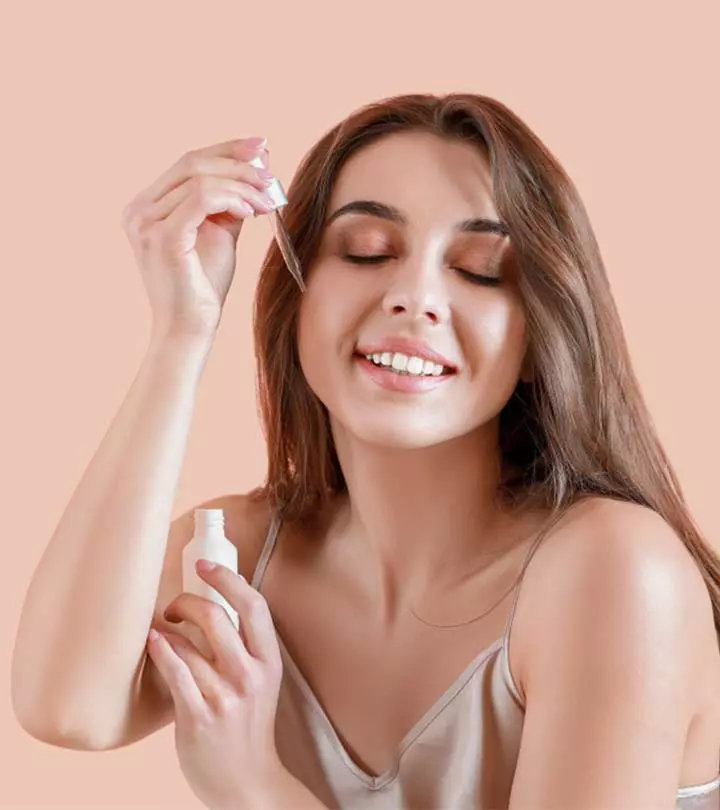
Image: Shutterstock
There are various advantages of using sodium hyaluronate for the skin. However, is it the same as hyaluronic acid? Imagine you have just purchased a hyaluronic acid serum and discovered sodium hyaluronate in the ingredient list. You go through the ingredient list but don’t see hyaluronic acid listed anywhere. Is there a problem? Has the brand fooled you? Not at all.
The terms hyaluronic acid and sodium hyaluronate are frequently interchanged in the skin care and beauty sector. They both do the same thing, although they are technically different. This article explains everything you need to know about sodium hyaluronate and how it varies from hyaluronic acid in terms of skin care. Keep reading!
In This Article
What Is Sodium Hyaluronate?
Sodium hyaluronate is one of the salts of hyaluronic acid (the other is potassium hyaluronate). It is water-soluble and derived from hyaluronic acid. Just like hyaluronic acid, sodium hyaluronate has the power to bind 1000 times its weight in water.
Hyaluronic acid naturally occurs in your body and is mainly found in your skin, eyes, and connective tissues. Its primary function is to help retain water to keep the tissues and cells lubricated. This is one reason hyaluronic acid is widely used in skin care products. Let’s take a quick look at this ingredient.
Sodium Hyaluronate At A Glance | |
| What Is It | A humectant (a salt of HA) |
| The Benefits | Prevents dryness and improves skin hydration and elasticity |
| Suitable For | All skin types, especially dry and flaky skin |
| Frequency Of Usage | Twice daily – morning and night |
| Works Well With | Any moisturizer |
| Avoid Using With | It goes well with all ingredients, including retinol, AHAs and BHAs, and vitamin C |
If it is beneficial for the skin, why is sodium hyaluronate more widely used than hyaluronic acid? This is because of the difference discussed below.
Key Takeaways
- Sodium hyaluronate is a hyaluronic acid salt and is water-soluble.
- It may help reduce the appearance of wrinkles, minimize dry skin, calm inflammation, and heal wounds.
- It is commonly found in serums, creams, emulsions, lotions, and gels.
- If you are allergic to hyaluronic acid or its salts, you may feel itching, redness, and rashes.
Sodium Hyaluronate Vs. Hyaluronic Acid: Understanding The Differences
The molecular weight of sodium hyaluronate is lower than that of hyaluronic acid. That is why it can easily penetrate the epidermis (the skin’s top layer) and improve the skin hydration by pumping more water into the skin.
However, hyaluronic acid is a macromolecule and cannot penetrate the skin. It sits on the skin surface. It forms a protective layer and minimizes water loss to help retain skin moisture.
Moreover, sodium hyaluronate is often engineered and extracted in laboratories. As a result, scientists can increase its stability and minimize the chances of oxidization. These are the reasons sodium hyaluronate is a widely preferred ingredient.
Sodium hyaluronate is often labeled as hyaluronic acid in skin care products. Like Cassandra Bankson, a YouTuber says, “Quite often hyaluronic acid isn’t actually what’s in the product it’s a salt derivative, a sodium derivative of hyaluronic acid called sodium hyaluronate (i).” This ingredient is not studied separately. However, as it is derived from hyaluronic acid, it has similar properties and benefits your skin just like HA. Let’s take a look.
Benefits Of Sodium Hyaluronate For Skin
1. May Improve The Signs Of Aging
Loss of moisture is one of the key reasons for skin aging. With age, the levels of naturally occurring hyaluronic acid in your skin may decline. As a result, you may develop wrinkles and fine lines (1). Applying products with sodium hyaluronate can help replenish moisture loss. It penetrates the skin layers and keeps them hydrated and plump. However, you cannot rely on HA alone for anti-aging. You need to team it up with retinoids and peptides for the best results.
 Pro Tip
Pro Tip2. Minimizes Dry Skin
Sodium hyaluronate is a powerful humectant. It is water-soluble, attracts moisture to your skin cells, and hydrates the skin’s deep layers. This is especially helpful in dealing with dry and flaky skin.
3. Soothes Inflammation
Applying 0.2% sodium hyaluronate can soothe skin inflammation caused by conditions like rosacea. It can soothe symptoms like erythema (dryness), burning, and stinging sensation (2). It may also be helpful in soothing other inflammatory skin conditions like eczema.
 Quick Tip
Quick Tip4. May Heal Wounds
A study found that 0.2% sodium hyaluronate gel could heal wounds caused by venous leg ulcers in just four weeks (3). However, studies are extremely limited on the clinical use of HA for wound healing. If you are wondering about the safety concerns related to this ingredient, check out the next section.
Side Effects Of Sodium Hyaluronate
Hyaluronic acid and sodium hyaluronate are extremely mild and safe for topical use. Sodium hyaluronate suits sensitive skin and is considered safe for pregnant and lactating women (only for topical use).
However, a product may contain multiple ingredients in addition to sodium hyaluronate. Hence, it is better to consult a dermatologist and do a patch test to avoid an adverse reaction. In case you are allergic to hyaluronic acid and its salt, you may experience side effects like:
- Itching
- Redness
- Rashes
Here are a few ways you can use it on your skin.
How To Use Sodium Hyaluronate For Skin
Sodium hyaluronate is commonly found in serums, creams, emulsions, lotions, and gels. If you are using a serum, always apply it after the toner and layer it with emulsions, creams, and other products. However, if you are using creams, gels, and lotions, make sure to apply the product to damp skin for better penetration.
 Quick Tip
Quick TipNote: HA alone might not be enough for extremely dehydrated skin, especially in low humidity conditions. It can paradoxically suck water from the deep layers of the skin. In such cases, use a cream with HA instead of serums.
Sodium hyaluronate is derived from hyaluronic acid and functions similarly to the element. However, sodium salt penetrates deeper into the skin layers than hyaluronic acid, keeping the skin supple and plump from the inside out. It is good for all skin types, especially dry and flaky ones. Sodium hyaluronate is a great way to reduce dryness and wrinkles when applied topically. It is found in serums, eye creams, and facial cleansers, among other things. So, the next time this ingredient appears in your product, grab it right away. In addition to sodium hyaluronate, a product may contain other components. As a result, it is preferable to consult a dermatologist and do a patch test to avoid an unfavorable reaction.
Frequently Asked Questions
Does sodium hyaluronate clog pores?
No, sodium hyaluronate is a non-comedogenic skin care ingredient, so it does not clog pores.
Who is sodium hyaluronate recommended for?
Sodium hyaluronate can be used on all skin types as it is gentle. But, it is usually recommended for dry skin due to its moisturizing properties and for acne-prone skin because it acts as a moisturizer and astringent.
How often should you use sodium hyaluronate on your skin?
You can use sodium hyaluronate of up to 2% concentration twice a day.
Does sodium hyaluronate cause acne?
No. In fact, sodium hyaluronate may help manage acne. Though it is primarily a moisturizer, it also has astringent properties that reduce excess oil and remove any impurities clogging the pores.
Does sodium hyaluronic acid remove dark spots?
Discoloration caused by aging and UV radiation may be reduced with sodium hyaluronate because of its anti-aging and antioxidant properties.
Hyaluronic acid is a powerful skincare ingredient, using which can lead to radiant-looking skin. Watch this video for a DIY hyaluronic acid serum recipe, and to learn about how its different from sodium hyaluronate. Tap to play!
Personal Experience: Source
StyleCraze's articles are interwoven with authentic personal narratives that provide depth and resonance to our content. Below are the sources of the personal accounts referenced in this article.
(i) HA | Don’t Buy Until You Watch This | Hyaluronic Acid VS Sodium Hyaluronatehttps://www.youtube.com/watch?v=MMylvA5r_DA
References
Articles on StyleCraze are backed by verified information from peer-reviewed and academic research papers, reputed organizations, research institutions, and medical associations to ensure accuracy and relevance. Read our editorial policy to learn more.
- Hyaluronic acid: A key molecule in skin aging.
https://www.ncbi.nlm.nih.gov/pmc/articles/PMC3583886/ - Efficacy and Tolerability of Low Molecular Weight Hyaluronic Acid Sodium Salt 0.2% Cream in Rosacea
https://jddonline.com/articles/dermatology/S1545961613P0664X - Hyaluronic Acid Sodium Salt 0.2% Gel in the Treatment of a Recalcitrant Distal Leg Ulcer
https://www.ncbi.nlm.nih.gov/pmc/articles/PMC5774911/
Read full bio of Dr. Surbhi Mahajan
Read full bio of Ramona Sinha
Read full bio of Anjali Sayee
Read full bio of Swathi E







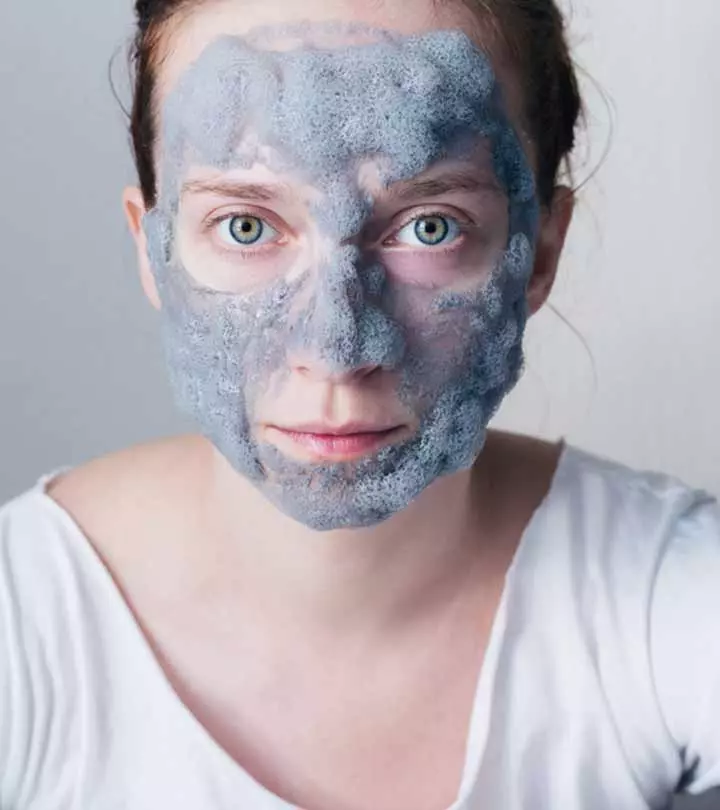
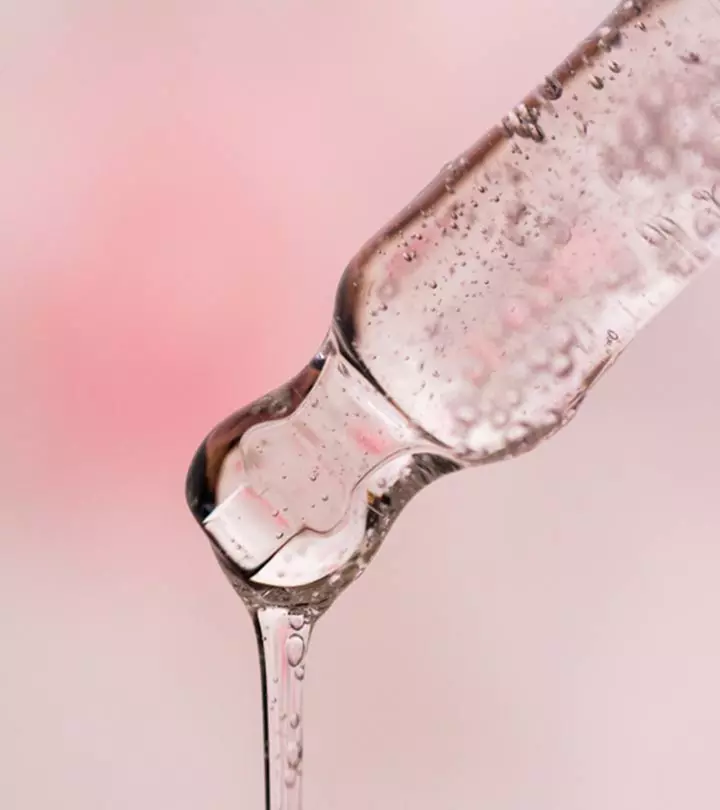
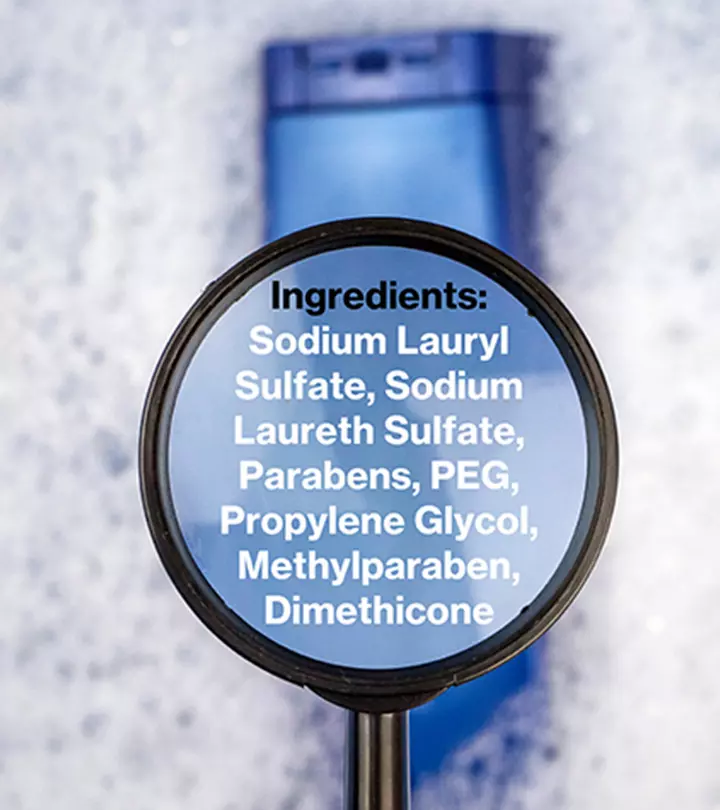




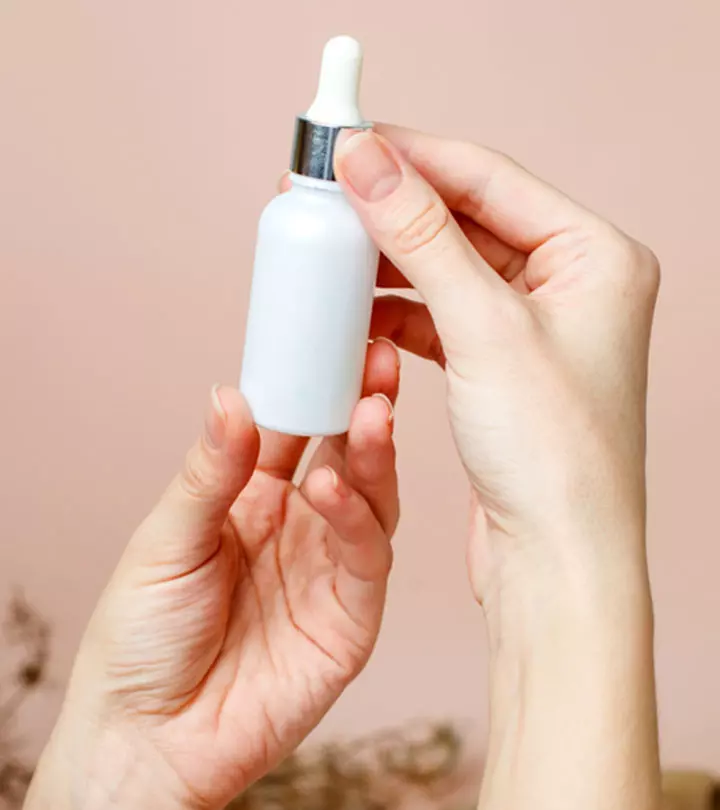


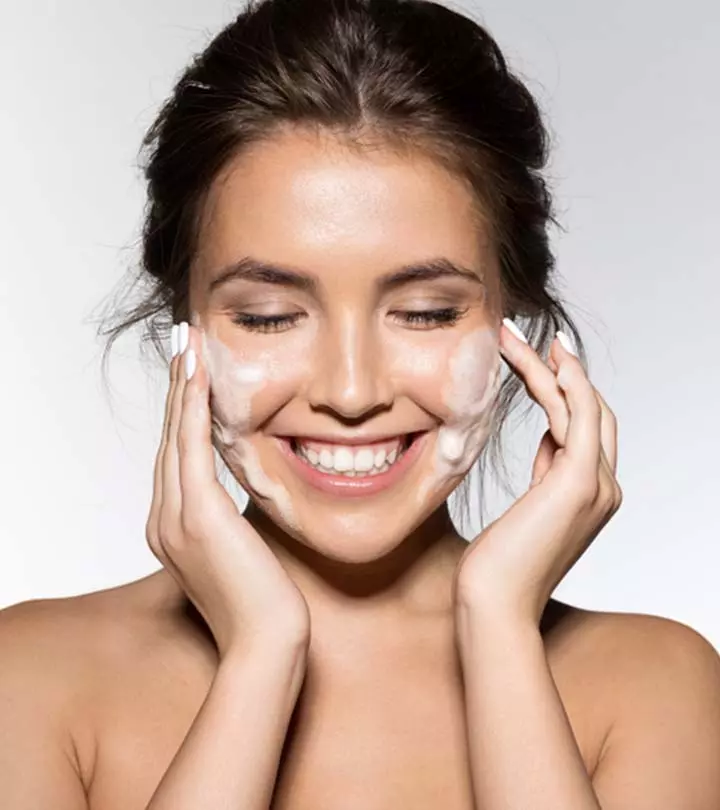




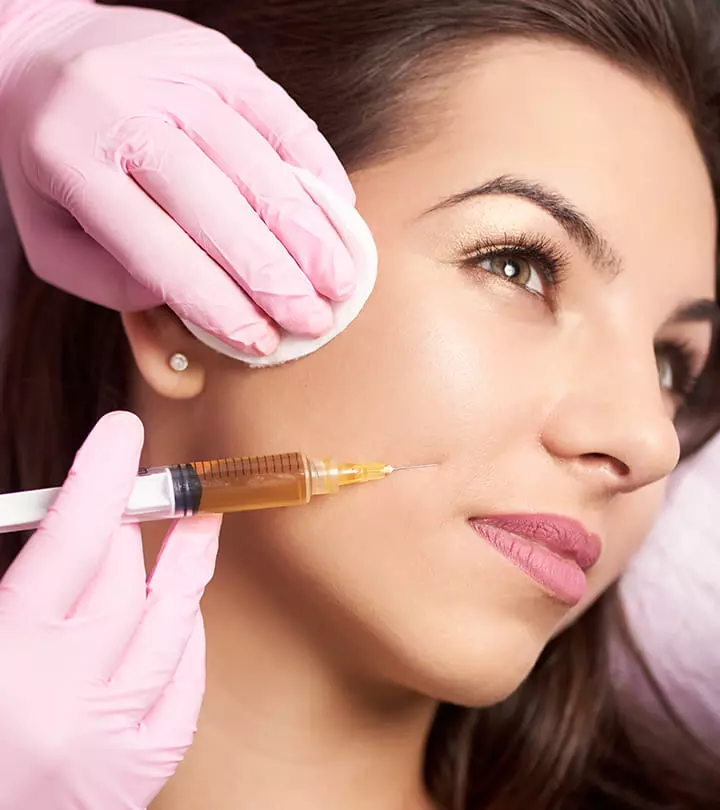


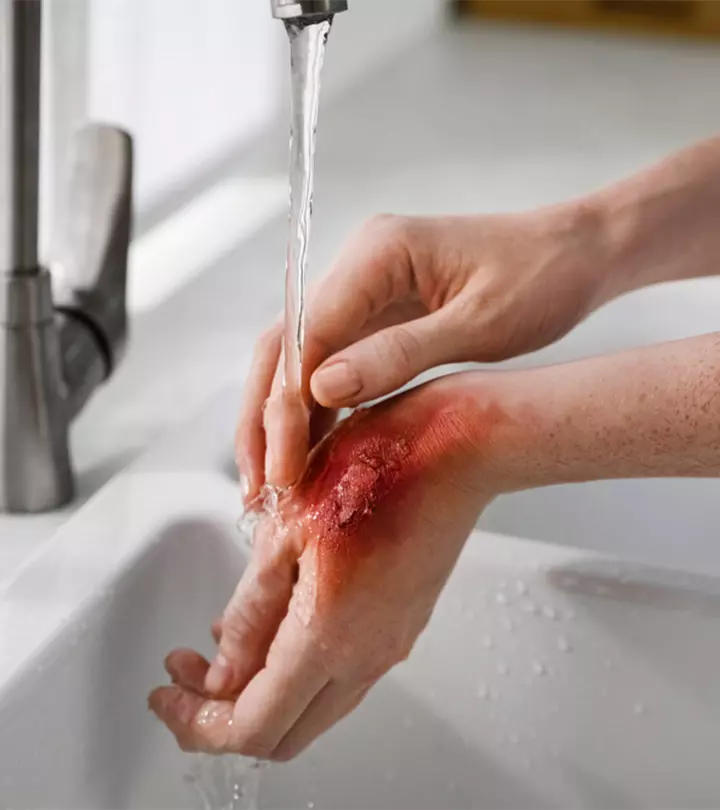
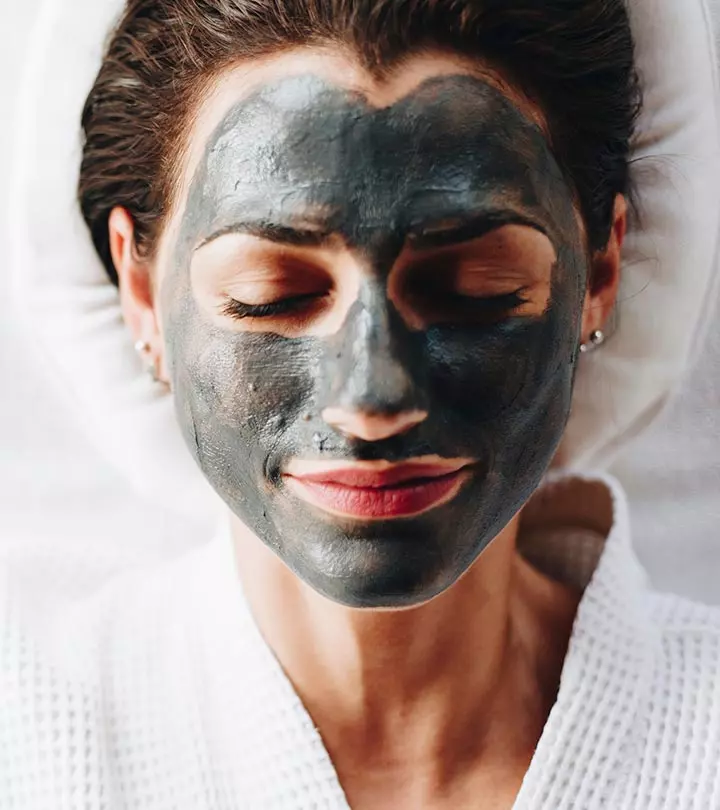
Community Experiences
Join the conversation and become a part of our empowering community! Share your stories, experiences, and insights to connect with other beauty, lifestyle, and health enthusiasts.